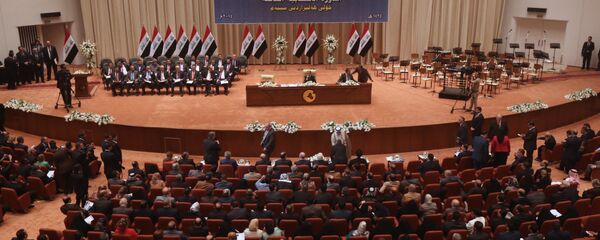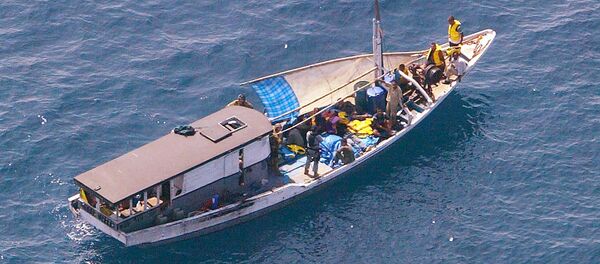Foreigners who commit "malicious" crimes will be expelled from the country under the reconfigured law, and will not be able to re-enter for at least eight years. In an earlier version of the law, deportees were kept out for five years. Those with a criminal history will be restricted from entering the country.
Citing "recent acts of organized crime," the post noted a growing number of foreigners in the country’s corrections system, pointing out that in 2016 21.35 percent of the prison population was foreign-born.
According to Argentina’s Interior Ministry, between 2011-2015 over 75 percent of migrants to Argentina came from Peru, Paraguay and Bolivia.
Under a "Decree of Necessity and Emergency," implemented without approval from the nation’s congress, deportation process times can be as short as two months.
"One has to distinguish between measures that have to do with security, and others that make Argentina an open country, that will always be in favor of diversity," said Argentine Vice President Gabriela Michetti on a radio news program.
Michetti attempted to distance the measures in Argentina from those taken by US President Trump, who recently signed an executive order banning travel from seven Muslim-majority countries for 90 days, and suspending admission for all refugees for 120 days.
Trump has also proposed constructing a wall along the Mexican border, in an attempt to to stem the influx of undocumented immigrants.
The Center for Legal and Social Studies condemned the new Argentine law, arguing that it will make immigrant status more insecure, leaving them vulnerable to "police harassment, harder inception into school, harder access health services, with the constant threat of being arrested."
Migrants without criminal records may also be affected by the decree. The Center for Legal and Social Studies told Telesur, "The government wants to set up a false issue in order to remove from the public agenda more urgent and relevant issues and, at the same time, demonstrate a so-call commitment to crime prevention."
Micetti claimed that Argentina remains pro-immigration, and that she was "against Trump's recent statements about immigration in the United States and the wall."
Anti-immigrant sentiment has not generally been prevalent in Latin America, as it has in the US and Europe, although recent Venezuelan and Haitian migrants to Chile have made immigration a key campaign issue in Santiago’s upcoming presidential election.






